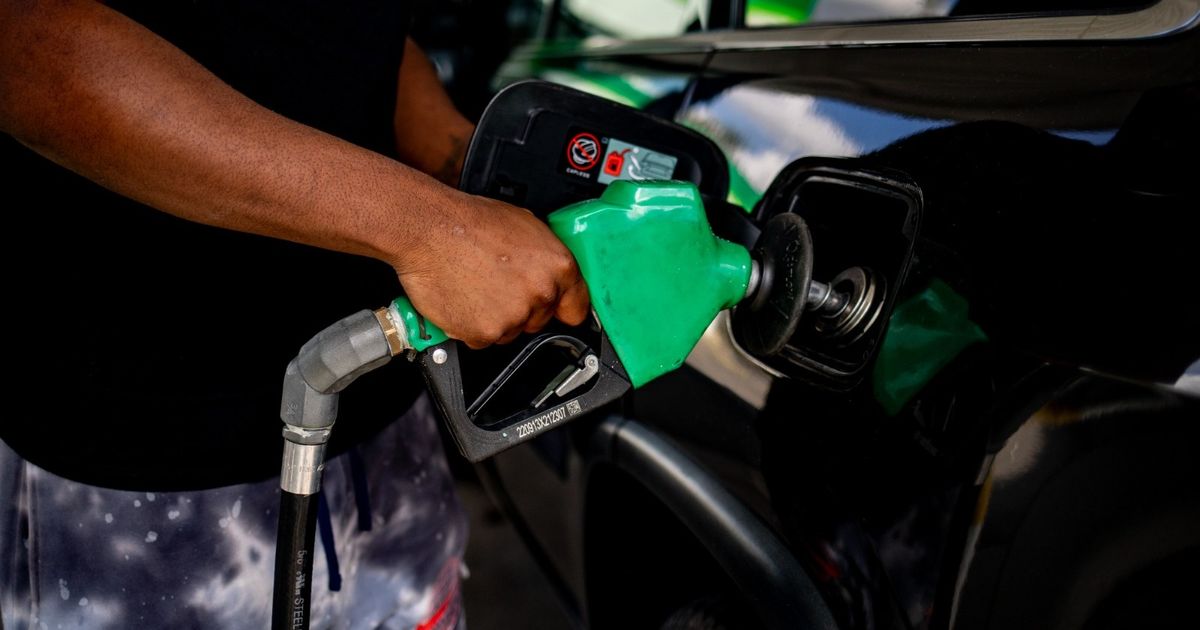The global petrol market is witnessing an unusual activity in late summer, powered by the decrease in supplies due to sudden stops in refineries, at a time in which it is usually characterized by low -fuel demand. Refine companies usually reach the highest profit margins during the summer, especially in the United States, where travel in cars increases. However, the margins are still high this year, even after the end of the leadership season, which provides extra support for the refinement of businesses. The Gasoline Barrel is currently trading with a bonus of about $ 20.50 over the intermediate crude of West Texas, an increase of about $ 7 compared to the same period last year. This bonus is an important indication of the profitability of refineries and the strength of the market, and has increased since the US Labor Day holidays, which are the end of the leadership season in early September. “The global petrol complex is unusual support” during September, indicating that the profits arising from the conversion of crude oil in gasoline in the West this year reached its peak, in early September, not during the traditional months between May and August. Pamela Manger, head of market analysis of the European, Middle East and the African region Fortexa, is on his part, of the opinion that unplanned stops in refineries in Europe, West Africa and the Middle East contribute to the market support in the Atlantic Basin between September and November. But she also pointed out that some refineries have reduced petrol production in favor of strengthening the most profitable diesel production. Also read: Chinese oil companies restructuring refinement activities after the profits have dropped and added in a research note: “The last height in petrol margins reflects the fragility of the market, as long production interruptions lead to strong fluctuations, even in cases of abundance supplies.” In northwestern Europe, general index data shows that petrol bonus on crude oil is still exceptionally strong compared to this time of year. In addition to the closure of refineries, Europe stares periodic maintenance work – including what was planned, including what was surprising – as well as a continuous disruption in a large unit for gasoline production in the giant Dangotti Raffinery in Nigeria. The demand for diesel cars in return, the demand for gasoline in the countries of the Organization for Economic Cooperation and Development in Europe, which is driven by moving away from diesel cars, has exceeded average seasonal demand during the past five years of 2025, according to Oilx data. Also read: Ukraine attacks aggravate the summer fuel crisis in Russia, Natalia Lusada, an analyst at Energy Aspects, said: “Although the demand seasonally decreases in September, the rate of the maintenance of refineries worldwide, especially in Europe and the mid -east,” Gate enables. In Asia, the Ron-92 crack index is traded above its average within five years, amid lack of supplies due to multiple stops in large petrol production units. Traders have reported that this deficit has strengthened the power of the regional market. A late request for gasoline, as pertamina, the largest petrol buyer in Southeast Asia, has strengthened its tenders to buy more than usual late in the year, according to data collected by “Bloomberg”, which contributed to strengthening the market amid supply deviations. The import restrictions imposed by Indonesia earlier this year contributed to this late demand amid a local fuel shortage. Also read: China is containing the dominance of petrochemicals with a fundamental recovery plan written by Philip Jones-KS, the first analyst at Sparta Commodities, in a research note on Tuesday: “The global petrol market has entered a period that can make us believe, but the scenario of refuge is still uncertain.” He pointed out that the attractive mixing margins in Europe, along with the shrinking chances of exporting gasoline to the United States or Latin America, often resulted in a sharp decline in price differences. But he added: “With this large amount of production capacity, it is currently out of order, and the determination of the timing of the correction has become more difficult.”
Global petrol markets see an unusual activity in late summer
